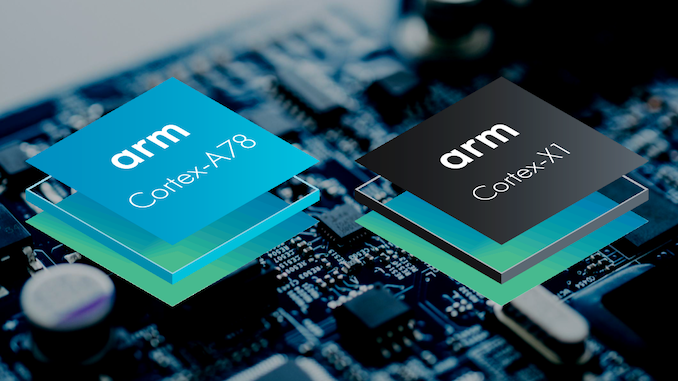Why would you even be talking about something so far in the future? I wouldn't try to predict anything in tech that's more than a decade out. A lot can change in that time.I didn't say NOW, no where did I say NOWW. Why would they even bother now if the have an agreement till 2040?
And that's what I'm saying wouldn't happen. I'm sure Apple would exhaust every other avenue than switch from ARM so soon.The point is, if they started to feel ARM was going to try to shake them down for higher royalties I have no doubt they would start to move on from ARM.
I don't think you can count from when they started. It took a couple years for the dust to settle and virtually all commercial software to port over. Heck, Mac Pro is what completed their transition, and that only launched this year!by then it would have been 8 years since flipping to ARM on Mac.
You said that the x86 transition was a big win, and I meant that I'm skeptical it was terribly popular with Mac users at the time, because they had to run stuff in emulation for a while.What stuff in emulation?
Last edited:



